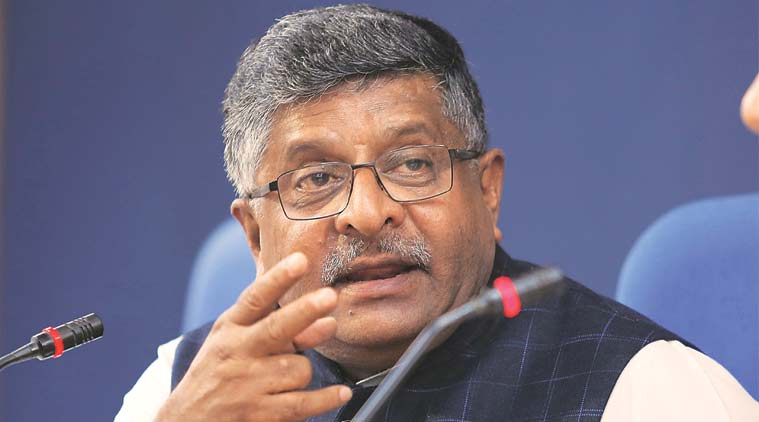Trending
- वरदान आयुर्वेदिक और हर्बल मेडिसिन अब कराएगा एनडीडीवाई का डिप्लोमा
- 21 Surgeries conducted on fourth day of Ayushman Bharat/Chirayu Surgical Camp Week
- JNV Selection Examination on February 7
- सिख समाज का सम्मान देश का सम्मान, जनता राहुल गांधी के बेहूदा बयान से आहत और नाराज़ – अजय मित्तल
- राज्य स्तरीय अंतर महाविद्यालय योग प्रतियोगिता का समापन
- युवा आपदा मित्र योजना के तहत माय भारत स्वयंसेवकों का प्रशिक्षण संपन्न
- CDOE, Panjab University hosts Annual Sports Meet 2026; over 150 students participate
- UILS hosts expert lecture on international accreditation in common law jurisdictions




